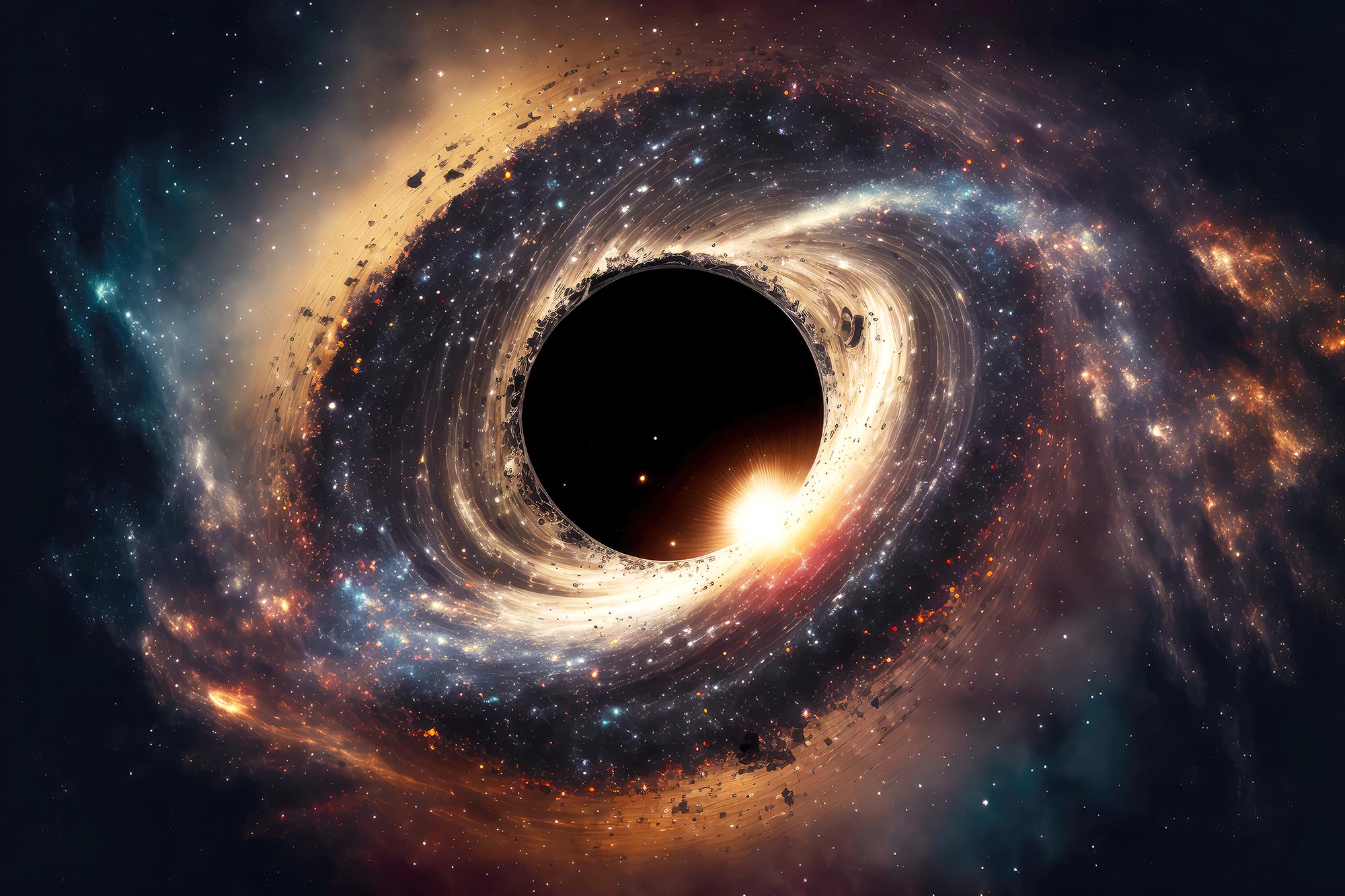The discovery of the new black hole facing Earth: Q&A
A recent discovery has revealed a black hole that is directly facing Earth. This has led to many questions about what it means for our planet and the wider universe. In this blog post, we'll explore the discovery of the new black hole and answer some common questions about its implications.
What is the new black hole facing Earth?
The black hole in question is a supermassive black hole
located in the center of the galaxy Holmberg 15A, approximately 700 million
light-years away from Earth. It was discovered by a team of astronomers using
the Very Large Telescope (VLT) in Chile.
What are the implications of this discovery?
The discovery of this black hole is significant. This means that it
provides a unique opportunity for scientists to study the effects of black holes
on the surrounding environment and potentially learn more about how galaxies
form and evolve.
Is this black hole a threat to Earth?
No, this black hole is not a threat to Earth. Even though it
is one of the closest black holes we know of, it is still 700 million
light-years away from our planet. Black holes are also not known to be able to
travel through space and impact planets like Earth.
Can we see this black hole from Earth?
No, we cannot see this black hole from Earth. The black hole
itself cannot be directly observed, as it does not emit any light. However,
scientists are able to detect the effects of the black hole on the surrounding
environment, such as the way it influences the movement of stars.
What can we learn from studying this black hole?
Studying this black hole can provide valuable insights into
the formation and evolution of galaxies. Black holes are known to play a
crucial role in the growth and evolution of galaxies, and studying their
effects can help us understand the larger-scale structure of the universe.
In conclusion, the discovery of the new black hole facing
Earth is a significant development in our understanding of the universe. While
it is not a threat to our planet, it provides a unique opportunity for
scientists to study the effects of black holes on the surrounding environment
and learn more about the formation and evolution of galaxies.
